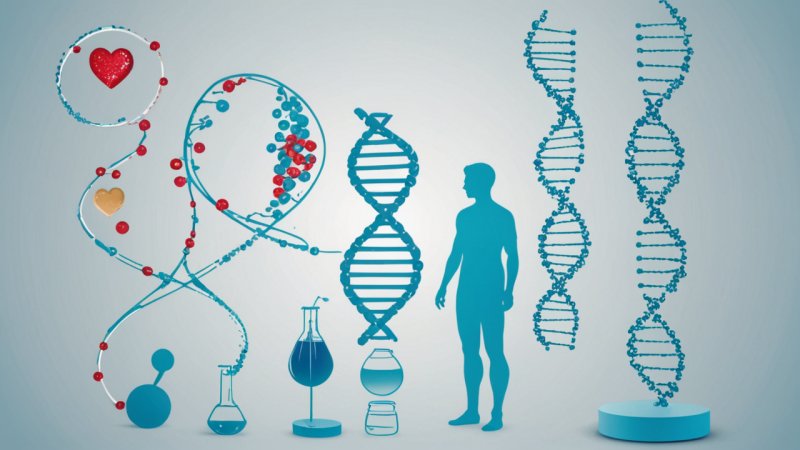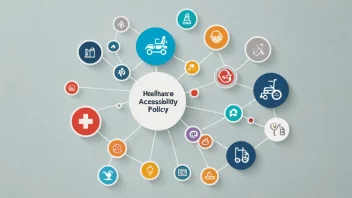As we move deeper into the 21st century, the landscape of healthcare is evolving rapidly. One of the most exciting advancements on the horizon is personalized medicine, a tailored approach to treatment that considers individual differences in genetics, environment, and lifestyle. This article explores the future of personalized medicine and its potential impact on healthcare and patient outcomes.
At its core, personalized medicine seeks to provide the right treatment for the right person at the right time. This is achieved through genetic testing, which identifies specific biomarkers that can inform treatment decisions. For instance, cancer therapies can be tailored based on the genetic profile of a tumor, allowing doctors to prescribe medications that are more likely to be effective for a particular patient.
One of the key benefits of personalized medicine is its potential to improve patient outcomes. Traditional treatments often adopt a one-size-fits-all approach, which can lead to ineffective therapies and unnecessary side effects. By contrast, personalized medicine allows for more accurate diagnoses and targeted therapies. For example, using pharmacogenomics, healthcare providers can determine how a patient will respond to a medication before it is prescribed, potentially eliminating adverse reactions and enhancing efficacy.
The integration of advanced technologies, such as artificial intelligence (AI) and machine learning, will further revolutionize personalized medicine. These technologies can analyze vast amounts of data from various sources, including electronic health records and genomic databases, to identify patterns and predict outcomes. As AI continues to develop, its ability to assist healthcare professionals in making informed decisions will enhance the personalization of treatment plans.
Moreover, the rise of wearable health devices and mobile health applications is contributing to a more personalized approach to medicine. These tools provide real-time health data, empowering patients to take an active role in their healthcare. For instance, a patient with diabetes can use a continuous glucose monitor to track their blood sugar levels, allowing for timely adjustments to their treatment regimen.
However, with the promise of personalized medicine comes certain challenges. Issues regarding data privacy and the ethical implications of genetic testing need careful consideration. Ensuring that patients' genetic information is protected is paramount, and there must be clear guidelines on who can access this data and how it is used. Additionally, disparities in access to personalized medicine could exacerbate existing health inequalities, highlighting the need for equitable healthcare solutions.
In conclusion, the future of personalized medicine holds great promise for enhancing patient care and improving health outcomes. By leveraging genetic insights and advanced technologies, healthcare providers can deliver tailored treatments that address the unique needs of each patient. While challenges remain, the potential benefits of personalized medicine could transform the healthcare landscape, making treatments more effective and accessible to all.






